Montenegro may be small in size, but when it comes to real estate, this Mediterranean country has been making big waves.
Since becoming an independent nation in 2006, the country has built a profile that combines political stability with natural beauty, making it a rising destination for real estate investment.
Its use of the euro, membership in NATO, and candidacy for EU membership have all boosted investor confidence.
But beyond policy, Montenegro’s charm lies in its coastline, mountain landscapes, and mix of traditional and modern living, which together create a strong backdrop for property growth.
Over the past 15 years, the country has transformed from a hidden gem to a serious contender in the second-home and investment market.
Market Characteristics
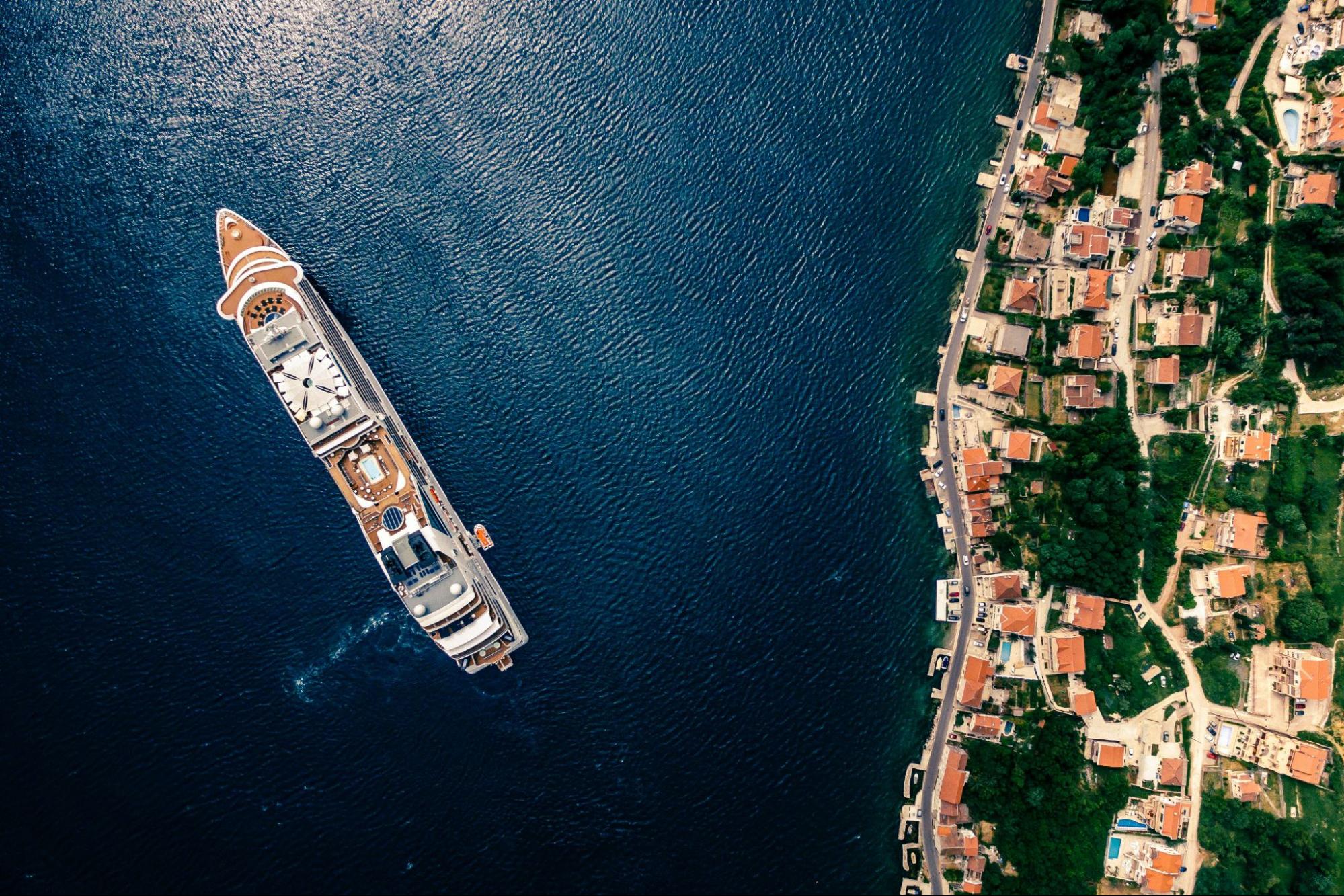
One of Montenegro’s biggest advantages is its balance between affordability and growth potential.
Compared to more established Mediterranean markets like Croatia or Italy, property prices remain competitive, while the potential for appreciation is significant.
The government’s development focus, including infrastructure improvements and encouragement of high-end tourism projects, continues to drive demand.
Citizenship by investment programs linked to hotel developments have also provided momentum, although these are more relevant for large-scale investors.
The market is also shaped by the country’s geography.
Seaside properties, particularly those with sea views or within UNESCO-protected areas such as the Bay of Kotor, command higher premiums.
Inland, buyers can find more affordable options with long-term appreciation potential, particularly in areas tied to eco-tourism or ski development.
Investment Opportunities

The Montenegrin real estate market is considered emerging, which means it still offers untapped opportunities for capital growth.
Properties are usually held under freehold ownership, giving buyers full rights over their investments.
Unlike some other European destinations, there is no minimum investment threshold or required holding period, making entry into the market relatively straightforward.
Rental income potential adds another layer of appeal.
Coastal towns, particularly those popular with tourists, offer rental yields starting around 3%, with averages closer to 4.5%.
Given Montenegro’s growing visibility as a holiday destination, short-term rental opportunities in hotspots like Budva, Kotor, and Tivat are particularly strong.
At the same time, long-term leasing in cities such as Podgorica remains steady, providing flexibility for investors with different strategies.
Taxes and Fees
Understanding the tax landscape is key when looking at real estate in Montenegro.
Buyers should expect to pay a property transfer tax at the time of purchase.
The rate is progressive, starting at 3% for properties valued up to EUR 150,000, increasing to 5% for amounts over that threshold, and reaching 6% for purchases above EUR 500,000.
This is calculated either on the sale price or market value, whichever is higher.
Notary fees are also required but remain relatively modest, typically around 0.01% of the property’s value.
Once purchased, real estate is subject to an annual property tax.
The rate varies depending on location, market value, and the municipality’s regulations, generally falling between 0.25% and 1% of the property’s assessed worth.
Rental income, if applicable, is taxed at a flat 15%. Should an owner decide to sell, property sale taxes mirror the progressive structure applied during purchase, ensuring consistency throughout the transaction cycle.
Tax Breaks and Incentives
While Montenegro does not currently offer specific tax breaks targeted at real estate buyers, property ownership can facilitate temporary residence permits.
This makes it easier for investors or second-home buyers to spend extended time in the country, which is particularly valuable for those managing rental properties or enjoying seasonal stays.
Proof of Ownership and Transparency

Ownership rights are safeguarded through Montenegro’s Real Estate Cadastre, a public register where all property transactions are officially recorded.
This provides buyers with legal certainty and transparency, as records are easily accessible online.
However, confidentiality is limited.
Ownership details, including the names of individual or corporate owners, are part of the public record.
Montenegro real estate offers a blend of lifestyle appeal and investment potential.
Between the coastal towns buzzing with tourism, the quieter mountain regions, and the steady development of infrastructure, there is plenty of room for growth.
With relatively low taxes, clear ownership rights, and a maturing market, Montenegro stands out as a Mediterranean property destination worth considering for both homebuyers and long-term investors.
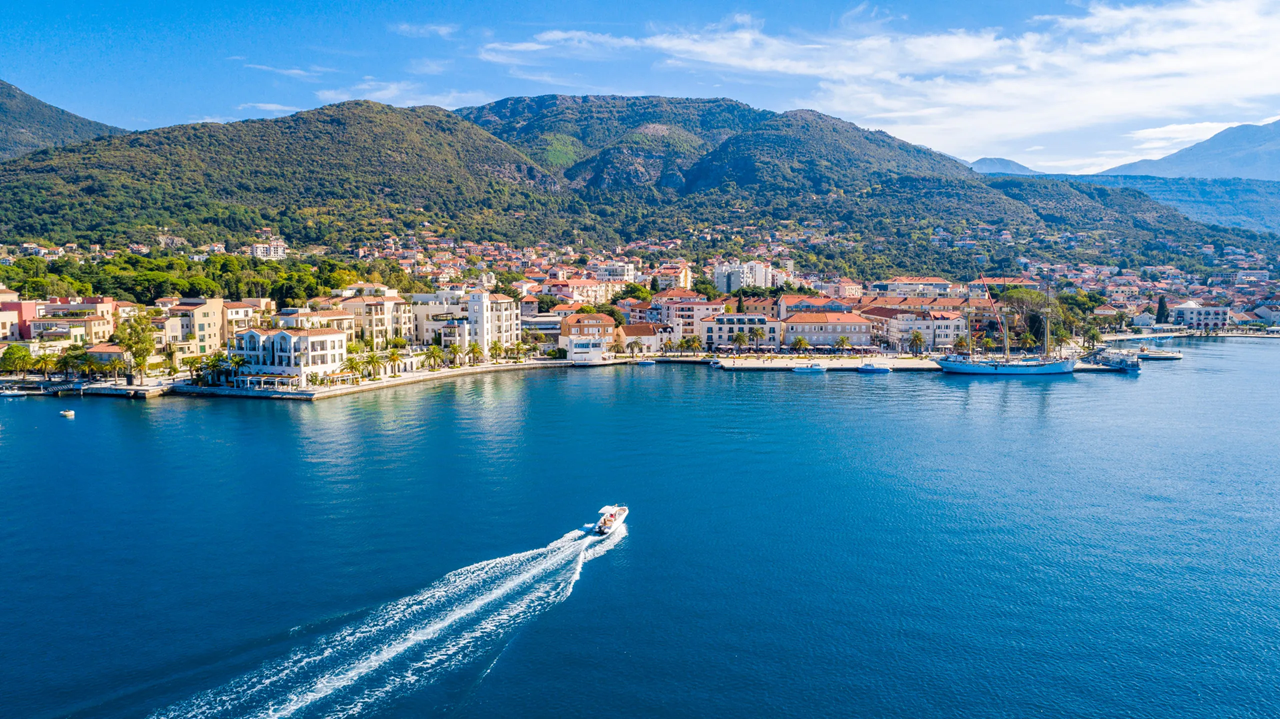


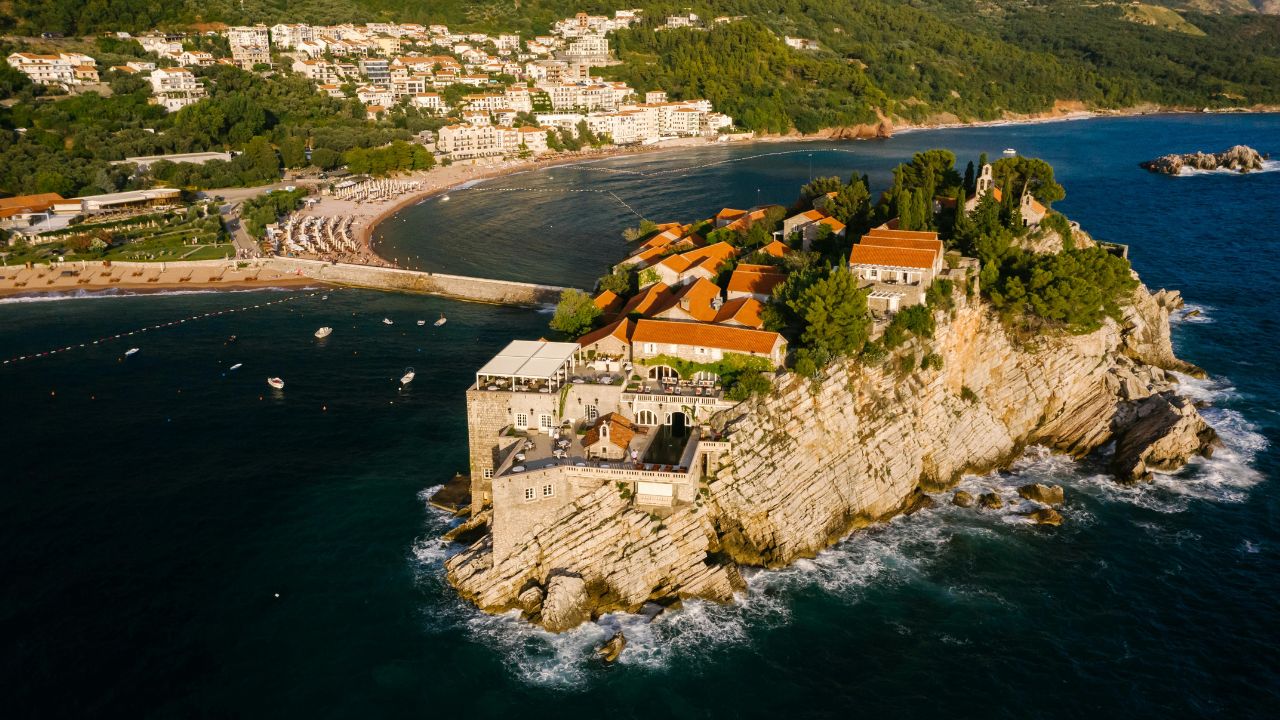








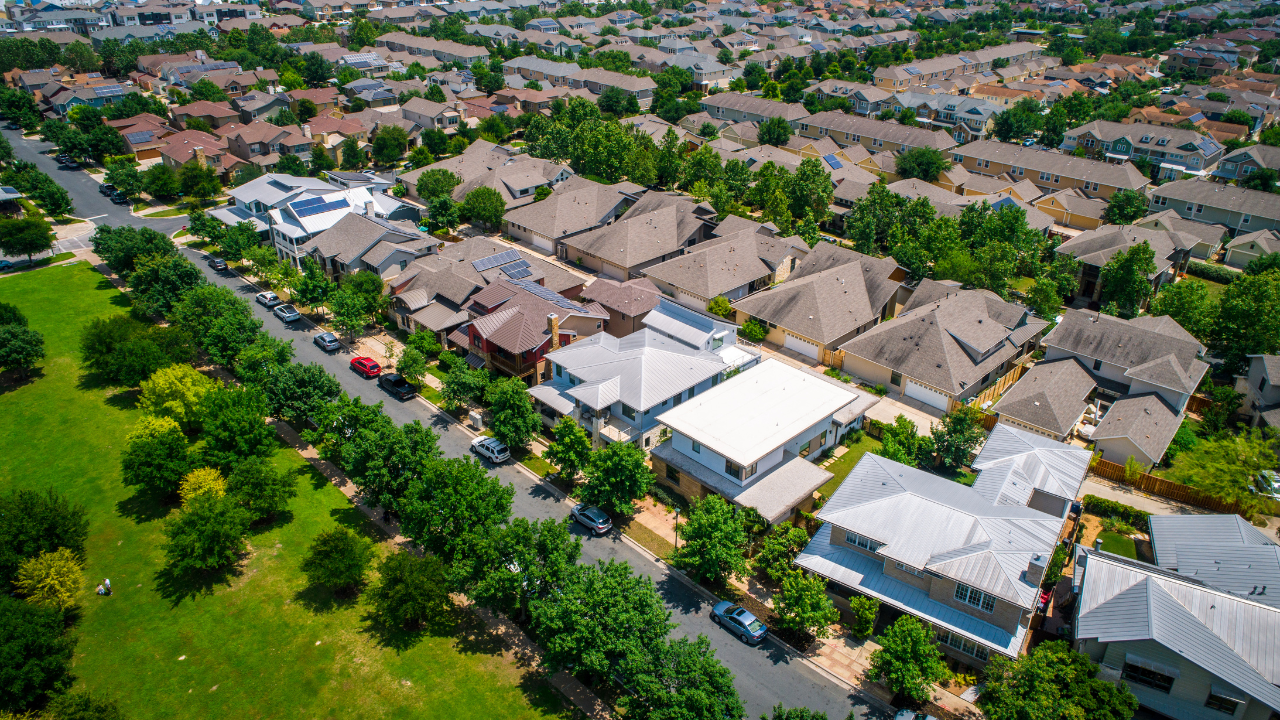

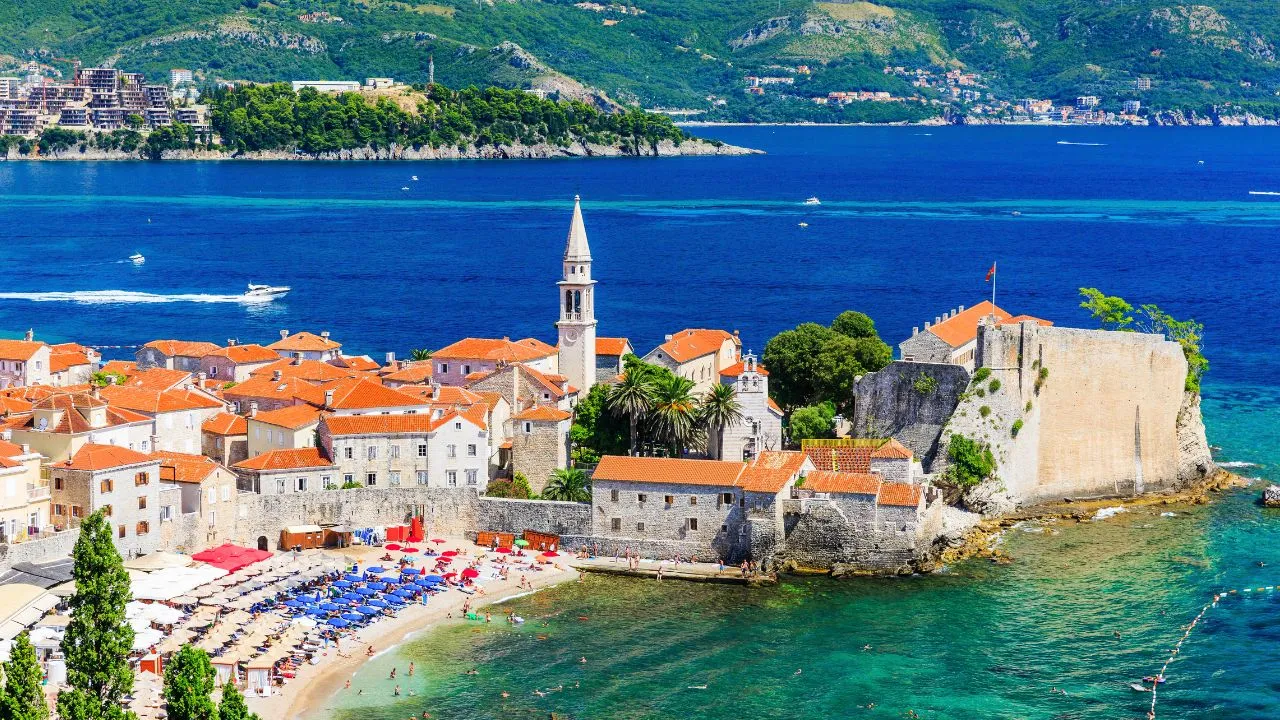




















.webp)

.webp)
.webp)

.webp)

.webp)
.webp)
.webp)

.webp)
.webp)
.webp)
.webp)

.webp)
.webp)
.webp)
.webp)
.webp)
.webp)
.webp)





.webp)

.webp)



















.avif)